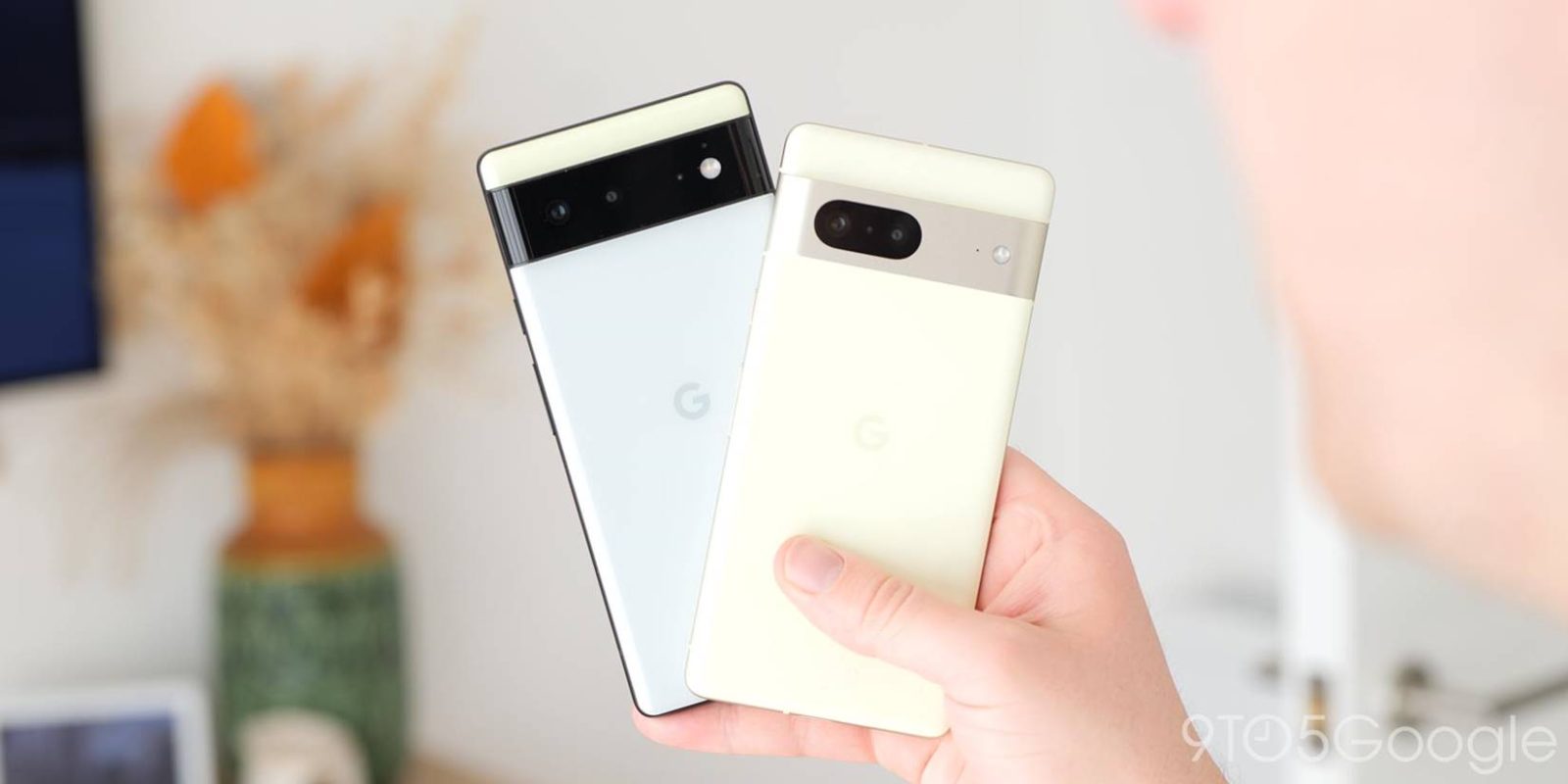
Seamless updates have been around for the past few years and the way in which Google Pixel smartphones get their updates, but they have a tendency to take a while. Soon, that’s set to change, though.
Android’s seamless updates were first introduced in 2016 alongside Android Nougat and have since appeared on every single Google Pixel smartphone as well as phones and tablets from other Android partners, while being ignored by some other brands such as Samsung. What are seamless updates? This feature installs a new system update on a special partition, allowing the update to be installed in the background and applied on a reboot.
Usually, a full Android system update for a device with seamless updates such as a Pixel will take up to 30 minutes or more in some cases. We’d still argue that this is better than the traditional Android system update method, which takes your phone out of commission entirely for several minutes, since seamless updates only leave your phone unusable for a minute or two while it reboots, but it’s understandable why some folks want this process to be faster.
Google, apparently, has been working on speeding up seamless updates.
Two improvements spotted by Mishaal Rahman on Twitter point to seamless updates on Google Pixel smartphones and other Android devices being sped up quite drastically.
The first of these improvements is to writing COW operations, with these now being handled in batches, meaning they can be finished faster. The second is using two threads for running compression. Combined, these two improvements cut down the installation time on a “full” 2.2GB update from around 23 minutes in total down to around 13 minutes in total. A smaller “incremental” 376MB update dropped from 22 minutes down to 16 minutes. This comes after Android 13 brought other improvements to seamless updates which also helped speed things up.
It’s not entirely clear when we’ll see these improvements actually arrive on Pixel phones, but it’s great to see that Google is still working to improve this process.
More on Android:
- Android 13 might finally force Seamless Updates on remaining holdouts, like Samsung
- Samsung boasts speedy Android 13 rollout, wants Android 14 to be even faster
- Google app adopts navigation rail on Android tablets
FTC: We use income earning auto affiliate links. More.



Comments